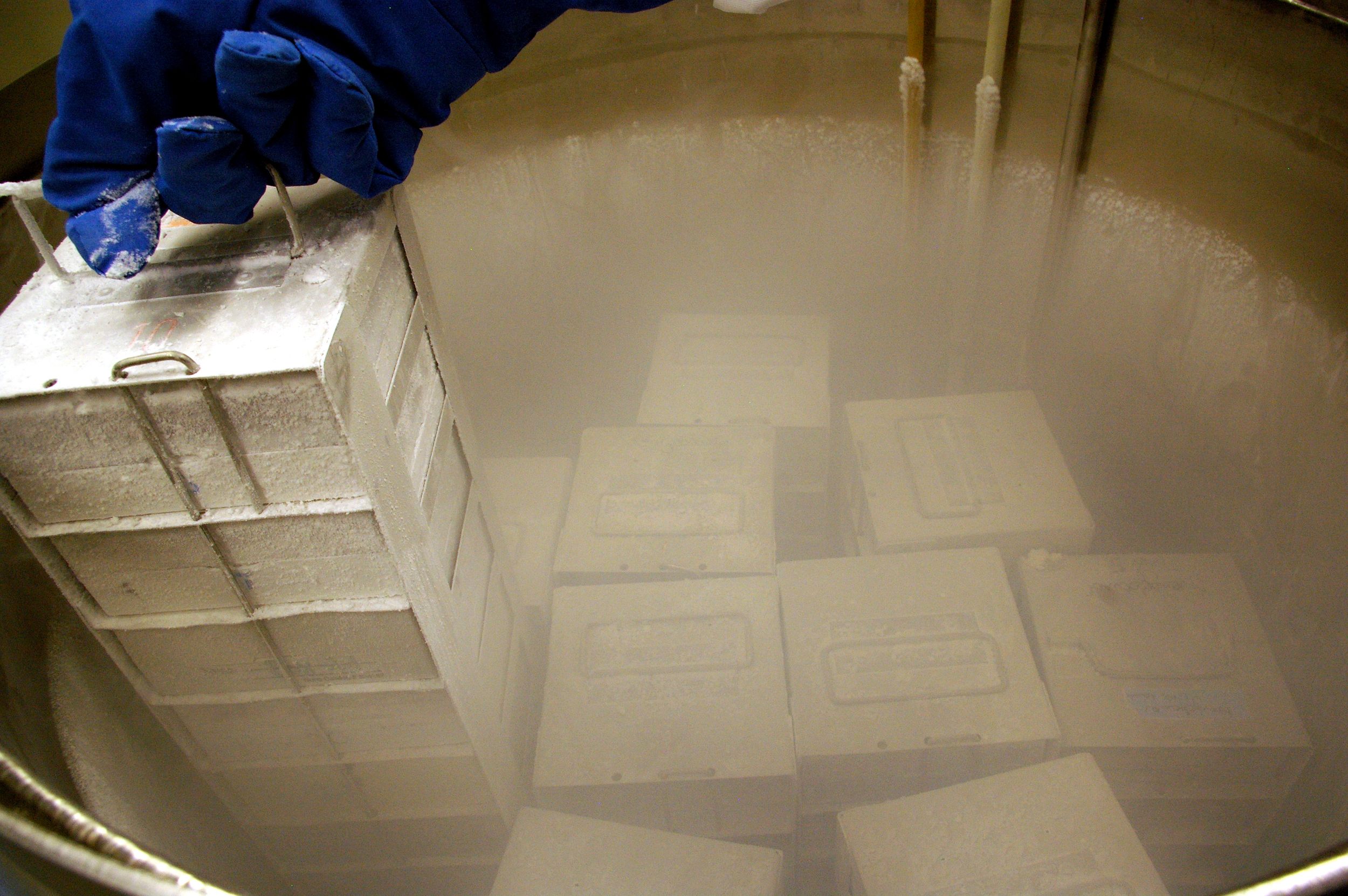Most science starts off at the fringe and slowly makes it way to the mainstream. Cryopreservation is commonly achieved in a laboratory setting, but for many years serious applications remained confined to science fiction. Is it time to change how we see cryonics?
The science of freezing things
Scientific research requires great storage, and huge amounts of material including cells are frozen every day to be used at the later date. If you follow the correct protocols, many forms of life can be re-awakened after their cryogenic sleep. DMSO, propylene glycol and glycerol help abolish problems like ice crystals which can rupture cells, and storage temperatures can drop to below −120 oC. At these levels biological reactions are essentially halted.
